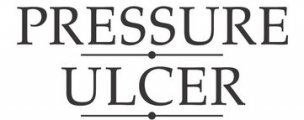A recent study published in the journal Neurology has identified another possible risk factor for stroke: having shingles.
Shingles is a rash, usually on one side of the body or face, that causes severe pain that can last for weeks, months or even years after the blisters have healed. It’s caused by the same virus that causes chickenpox. After a person recovers from chickenpox, the virus remains in the body, inactive. If the virus is reactivated years later, it can cause shingles.
While it primarily occurs in people 60 and older, younger people are also susceptible to shingles — and, according to this study, those who have shingles at a younger age are also more likely to have a stroke. Researchers found people between the ages of 18 and 40 who had shingles were more likely to have a stroke or heart attack later in life than those who had not. And this finding was not insignificant. After adjusting for other stroke risk factors such as smoking, high cholesterol and obesity, the data should that people under 40 who had shingles were 74% more likely to have a stroke than their peers, and 2.4 times more likely to have a transient ischemic attack.
“Anyone with shingles, and especially younger people, should be screened for stroke risk factors,” lead study author Dr. Judith Breuer told CNN.
While vaccines for shingles are shown to reduce incidence of shingles by about 50%, these vaccinations are currently only recommended to people 60 and older. The findings of this study suggest that perhaps the vaccine should be made available to younger people as well, though the impact of the vaccine on the incidence of stroke and heart attack has yet to be formally studied. We’ll be following this as it develops, and share news as it comes along!
We want to hear from you! Have you received your shingles vaccine? Are you planning to?









